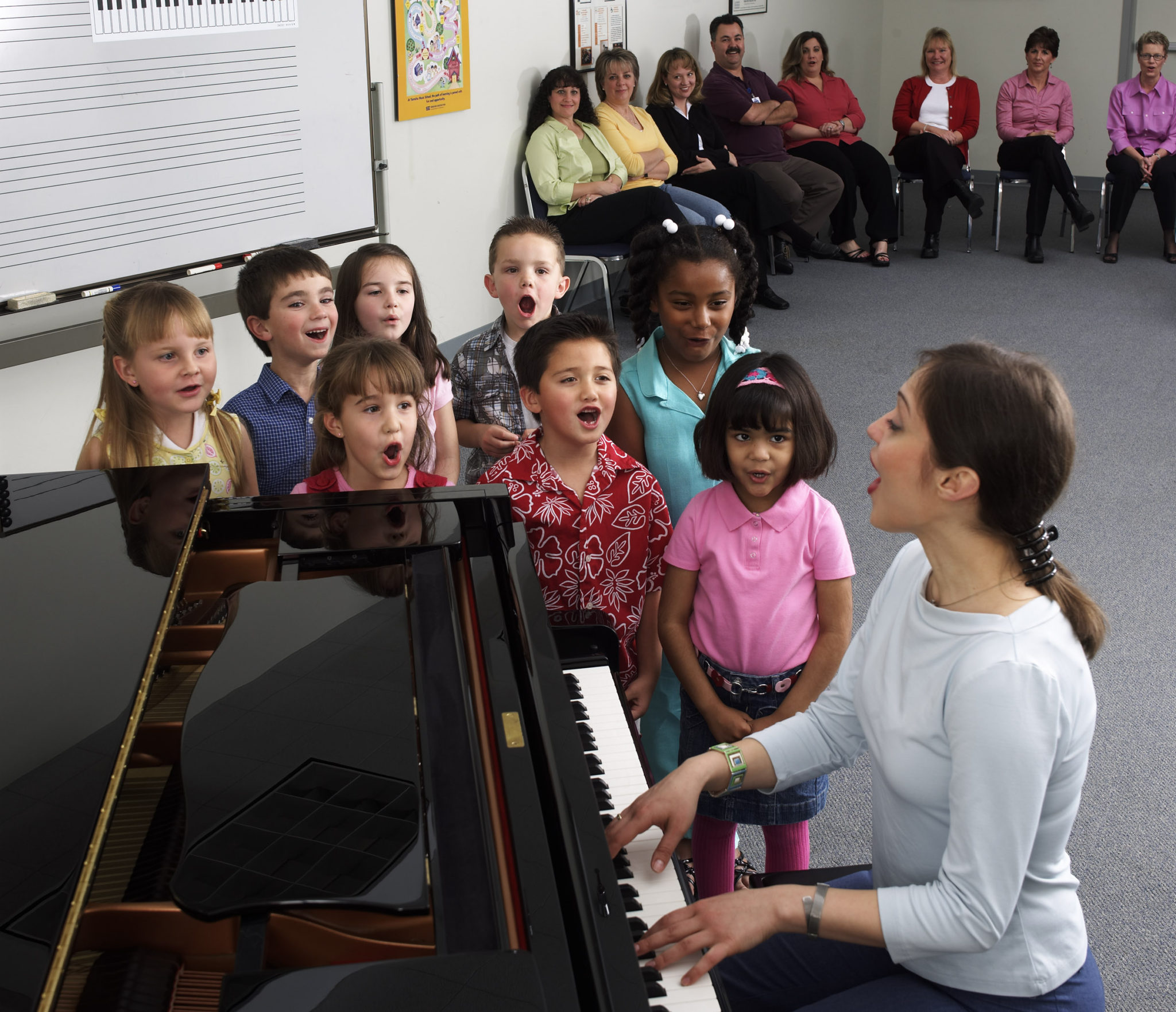A Finely Tuned Mind
What can the magic of music do for your child’s cognitive and emotional well-being? It’s not uncommon for the children I see in therapy to use music as a metaphor for communicating thoughts and feelings they may not be able to otherwise put into words.
Dr. Nate Balfanz, American Medical Center/JJ-Premier Medical Care
It’s not uncommon for the children I see in therapy to use music as a metaphor for communicating thoughts and feelings they may not be able to otherwise put into words. And I’m sure if I asked you as the reader to put together a soundtrack to your life, it wouldn’t take long to create a playlist of songs that would capture significant emotional experiences you’ve endured, personal journeys you’ve taken, or even challenges or hardships that you’ve overcome. Most, if not all of us have had the powerful sensation of being moved by the magic of music at some point in our lives, and now mental health professionals are using applied research and clinical practice to help understand just how this phenomenon works.
WHAT THE RESEARCH TELLS US
If either you’re simply listening to music on the radio or actually picking up an instrument and playing it yourself, research conducted in the domain of cognitive neuroscience has indicated the stimulating effects of music on both an individual’s socio-emotional development as well as on the maturational process that occurs within our brains. Recently, a 2014 longitudinal brain-imaging study conducted in conjunction with the National Institutes of Health (NIH) demonstrated how playing a musical instrument over time increased the cortical thickness of brain regions associated with planning, coordination, visuo-spatial ability, and emotion and impulse regulation in a population of children ages 6-18. In addition to these findings on the role of music in enhancing the cognitive functions of the brain, a 2010 systematic review of the research on music and pediatric health also revealed how music has the ability to help children enhance their coping strategies during times of conflict, as well as reducing the debilitating effects of traumatic or stressful experiences on a child’s emotional well-being.
TIPS TO HELP STIMULATE YOUR CHILD’S MUSICAL MIND
1) Pick and play.
From banging on a drum set to plucking at the strings of a violin, encouraging your child at a young age to play a musical instrument can help to prime the critical regions in his or her brain for activities of daily living. If possible, try to use this as a bonding opportunity by either teaching your child an instrument that you too used to play, going to a concert and picking out an instrument you see being played on stage, or even taking the time to learn the same instrument that your child is currently learning.
2) Listen and learn together.
Whether it’s Beethoven or The Beatles, Chuck Berry or Katy Perry, music has both individual and collective meaning for each and every one of us. Take time out with your children to learn about what musical artists they enjoy, as well as finding out about the personal significance that a particular song or artist has for them.
3) Share your musical library.
A fond memory from my childhood was when I heard my mother play Led Zeppelin’s “Stairway to Heaven” for the first time. As much as I was struck by the song’s sweet melody and haunting lyrics, more importantly I remember her talking about the personal and cultural significance the song had for her as she was growing up. Sharing your own personal experiences of music with your child can serve as a way to connect and deepen the emotional bonds of the relationship between the two of you (even if all you listen to is “old people” music).
// Dr. Balfanz is the Senior Clinical Psychologist at American Medical Center/JJ-Premier Medical Care (AMC/JJP), a comprehensive mental and medical health service clinic for expat children, adolescents, adults, and families living in Shanghai. For more information on clinic services, contact Dr. Balfanz at: nbalfanzpsyd@jjpremier.com


